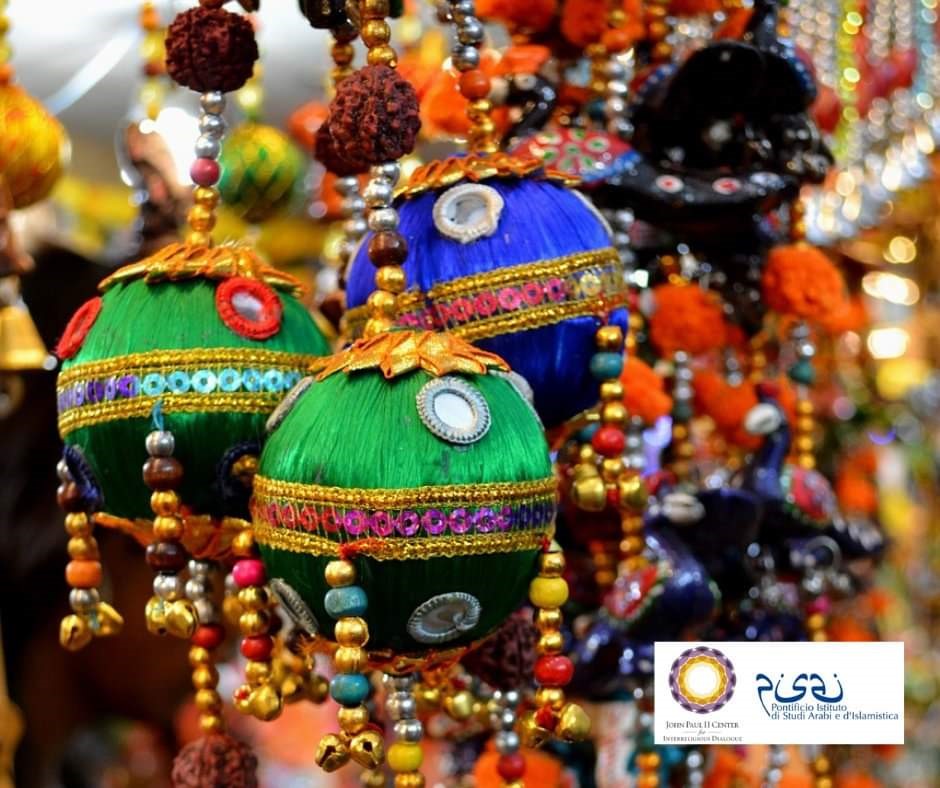For the second year, the John Paul II Center for Interreligious Dialogue and the Pontifical Institute for Arabic and Islamic Studies (PISAI) co-organized a webinar on practical experiences of dialogue featuring alumni of the two institutions. Last year the webinar focused on Africa while this year it was the time for Asia. “From Academia to Practice: Interreligious Dialogue Experiences in Asia” took place on March 30, 2022.

Fr. James Channan, OP, a Catholic priest from Pakistan, who graduated from the PISAI and served as a consultant for the Pontifical Council for Interreligious Dialogue, mentioned that although Asia is a cradle of all major religions, in some countries we notice severe discrimination in the name of religion. After having described this challenge, he shared his experience in organizing 69 dialogue groups for interfaith engagement and overcoming violence.
Furthermore, Fr. Heru Prakosa, SJ, a PISAI graduate from Indonesia and the consultant of the PCID Commission for Religious Relations with Muslims, paid attention to the necessity of the “interborder” journey to other faiths. He emphasized the following constituents of the interreligious dialogue in Asia: interpersonal experience, religious commitment, open-mindness, and religious content.
He echoed the idea of Fr. Richard James Manion Babao, a JPII Leader from the Philippines and assistant minister of the Ministry for Ecumenical and Interfaith Affairs of the Archdiocese of Manila, about the importance for seminarians to meet people of other faiths. Fr. Prakosa also shared his innovative approach to religious formation of future priests. In particular, every year, his Catholic seminarians are invited to live three days in a Hindu ashram, Buddhist vihara or Muslim boarding school to comprehend their neighbours’ faiths traditions. Indeed, such an approach to religious education of youth contributes to interfaith peace and mutual respect in society.
Fr. Manoj Rasanjana, OP, a JPII Leader and Dominican priest from Sri Lanka, presented his ideas on dialogue of life, theological exchange, and religious experience in multi-religious settings. “Interreligious dialogue can be a harmful experience if it is based only on interpretation according to our culture,” admitted Fr. Manoj. “It is essential to take into consideration experience and collective memory because perfect coexistence is truly challenging without understanding who we are,” concluded he.
Finally, Fr. Bryan Lobo, SJ, Dean of the Faculty of Missiology at the Pontifical Gregorian University, greeted participants of the webinar and added some closing remarks: “It is impossible to love someone without knowing him/her; that is why religious awareness and education play an essential role.” He continued, “Texts can lead us to dangerous interpretations so primarily it is necessary to understand how the other person thinks.” Fr. Lobo emphasized that the practical interreligious dialogue should start with common social activities for future peace and understanding.
